The feeling of seeing an A on that test is a rewarding experience, but with so much work ahead of it, how is attaining academic success even possible?
What NOT to do
Rereading materials won’t help the memory retain information. Actively engaging with the source material is the best way to learn the information. Some examples include solving problems, creating a DIY study guide, or even a simple diagram. Â
Another popular form of studying is cram sessions. However, they often produce little results. Studying for three hours with no break in between produces smaller results compared to studying for shorter periods with breaks.
One thing that seems to go hand in hand with long study sessions are all-nighters. Lack of sleep leads to terrible concentration and a bad memory, which can be a terrible combination right before the test. Â
When to start studying
Studies show that about two to three weeks before finals are the best time to sit down and make a study calendar. This makes studying much easier as there is a concrete plan rather than flying blind. Organization for finals should start with what will definitely be on the test, and descend to what might be on it. A way to figure that out is to speak to the professor.
Different subjects are also better at different times of the day. Morning is best for work involving memory, early afternoon is best for any movement-based work, and mid-afternoon to evening is best for reading work.
The studying environment
The area in which studying takes place can have a huge impact on how well it goes.
Studying involves being somewhere for a long period of time, so the body must be comfortable, but too comfortable might put a student to sleep.
An organized study space will help organize the mind. It makes things easy to find. If the area is messy, then it leaves lots of room for distraction. Â
Natural light is another component. It naturally provides a relaxed and alert feeling, which makes working that much easier.
Finally, one of the biggest parts of studying is to take breaks. Memory declines over time so taking a break will give the brain a chance to recharge.
Successful studying methods
It’s important to note that what works for some might not work for others. In total, there are likely hundreds of ways to study. Below are a few that work very well for students.
Flow charts and diagrams are a good pictographic way to look at the information. Visuals are often a great way to present facts in a way the brain can digest.Â
Creating a study guide gives the brain a chance to review the information while simultaneously creating another study sheet to go over again.
Color coding is another great way to organize information. The brain will see the colors and naturally fit them together. Â
Finally, practicing self-care during finals week will boost performance. Proper food and rest are essential for bodily function. Meditation and small walks are a good way to spend little breaks to get the brain back on track. Taking care of the body will lead to better productivity on the part of the mind.
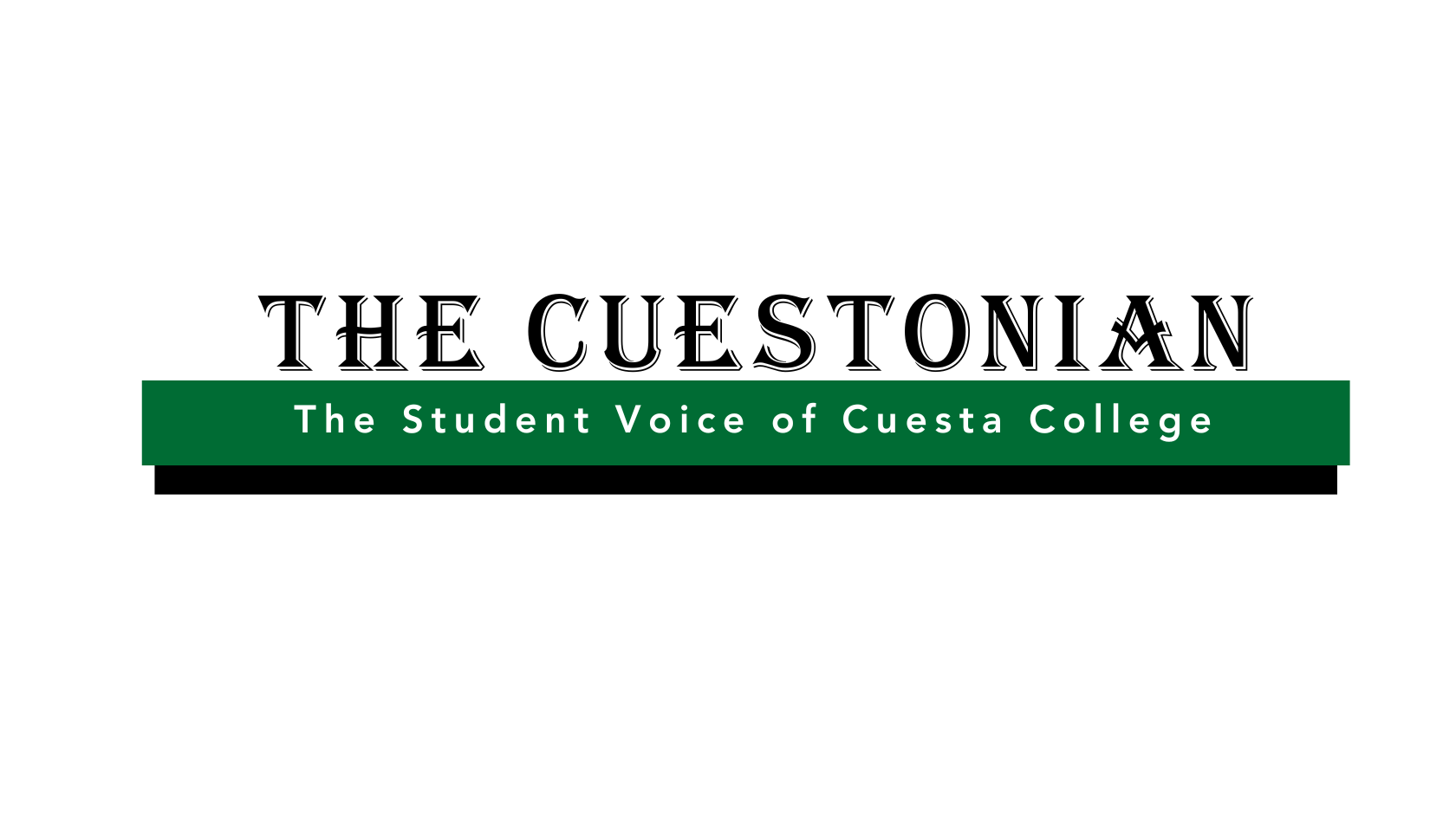

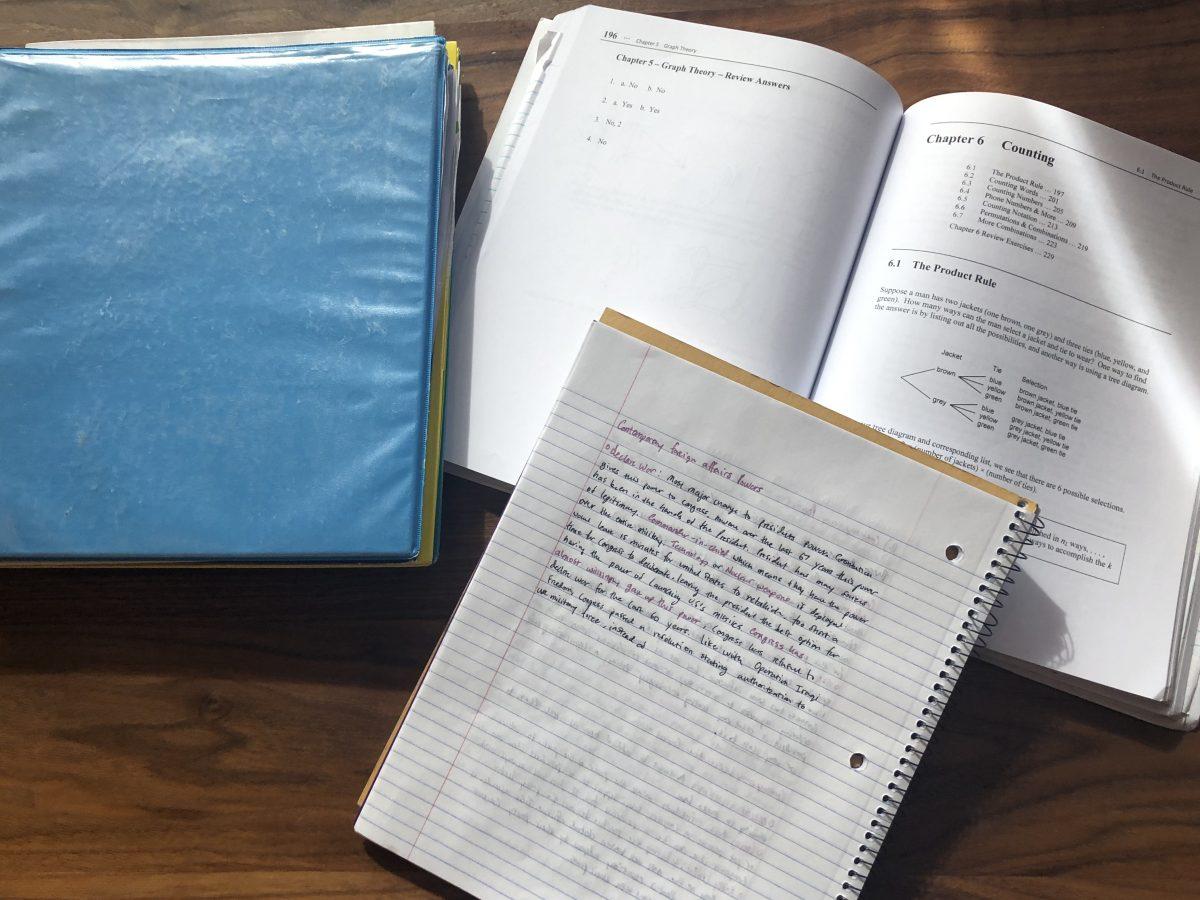
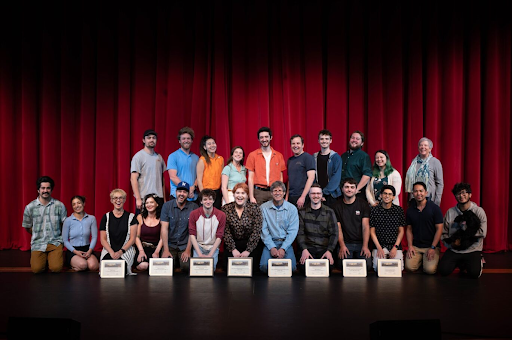
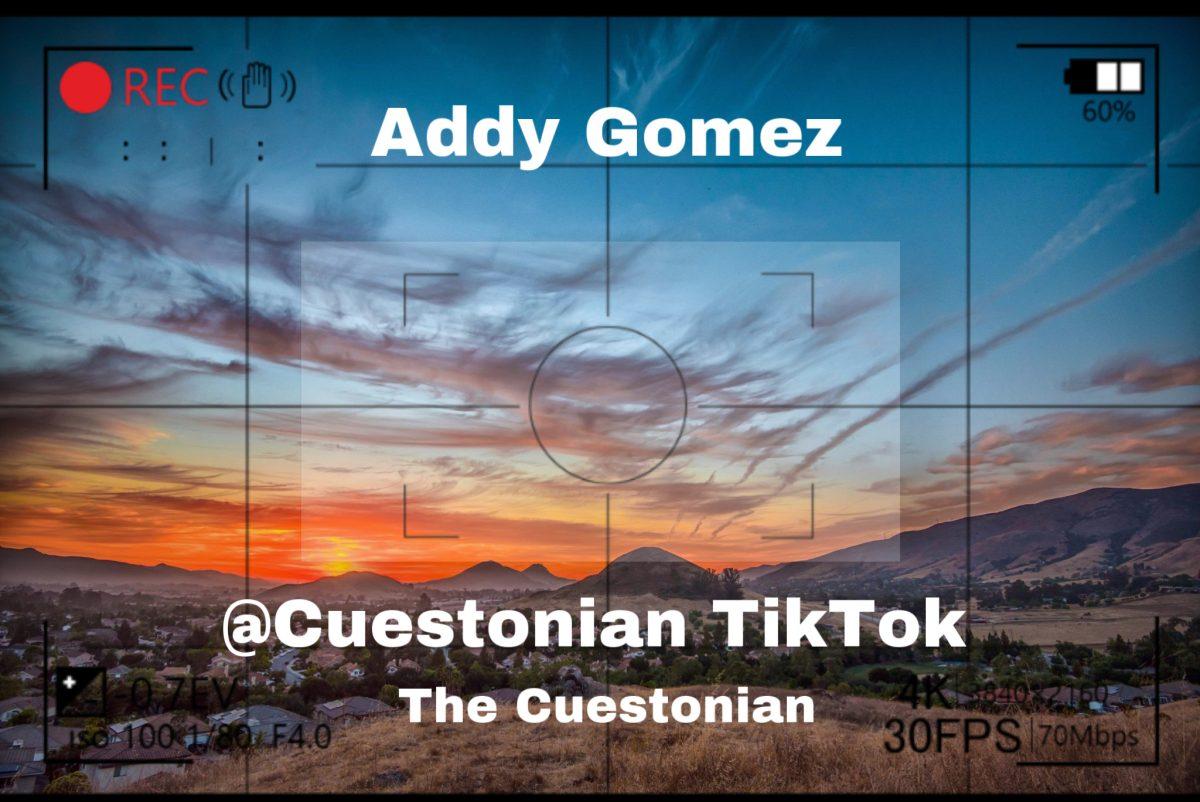
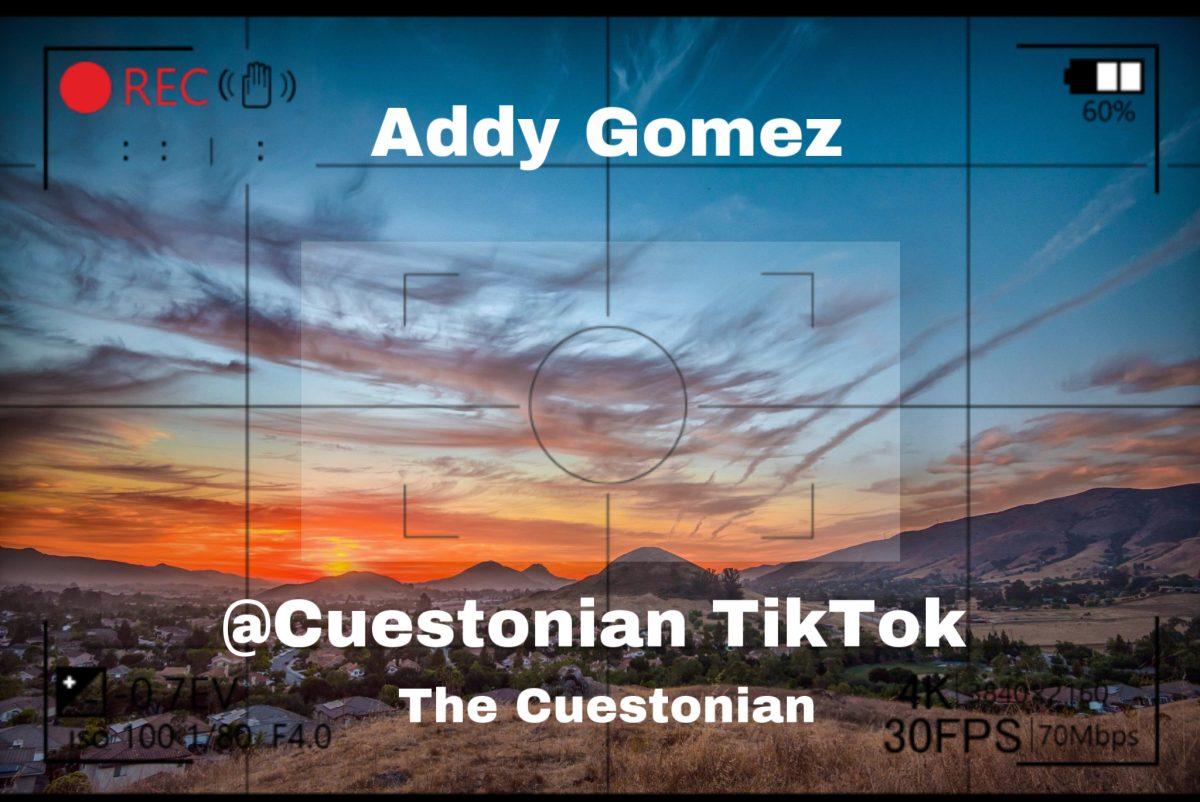

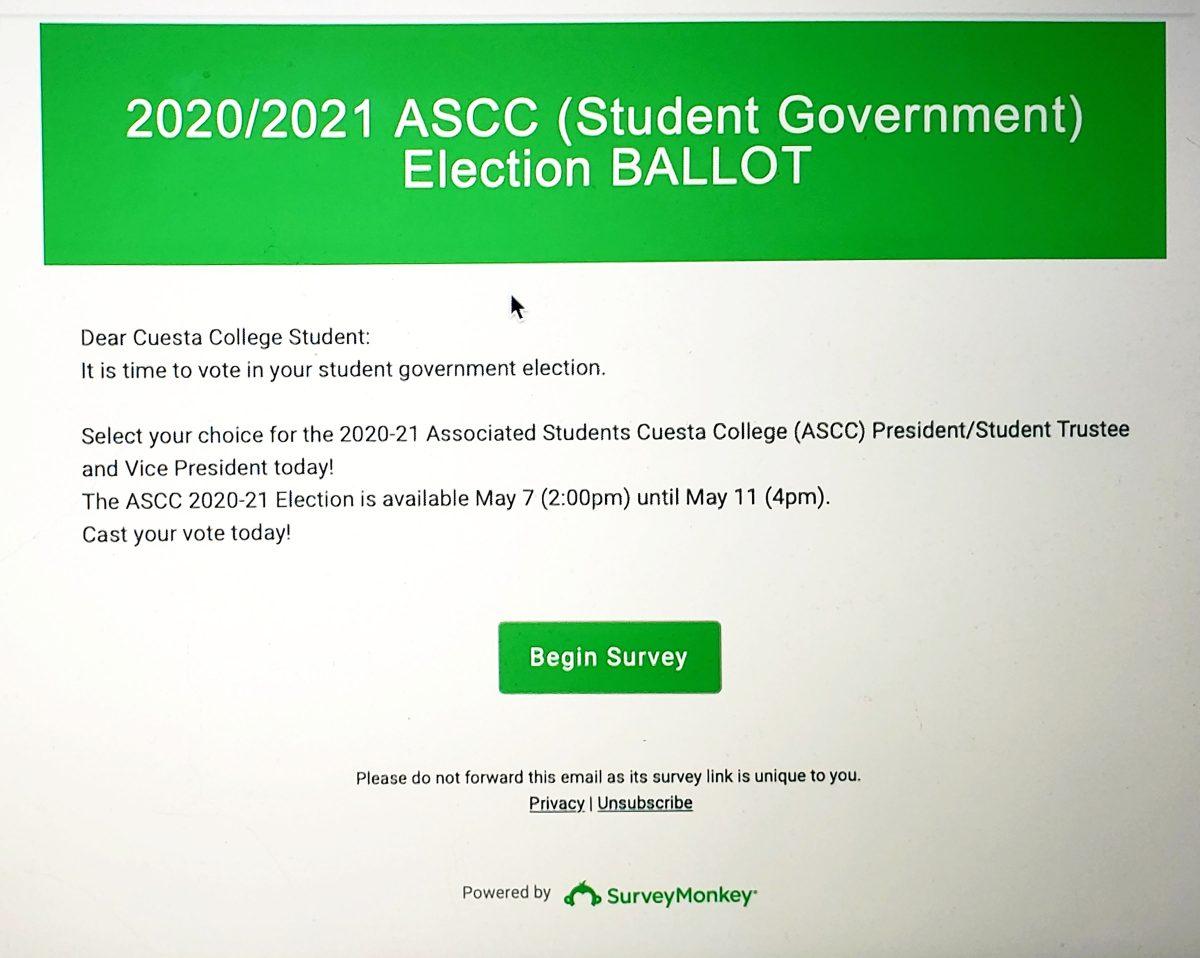
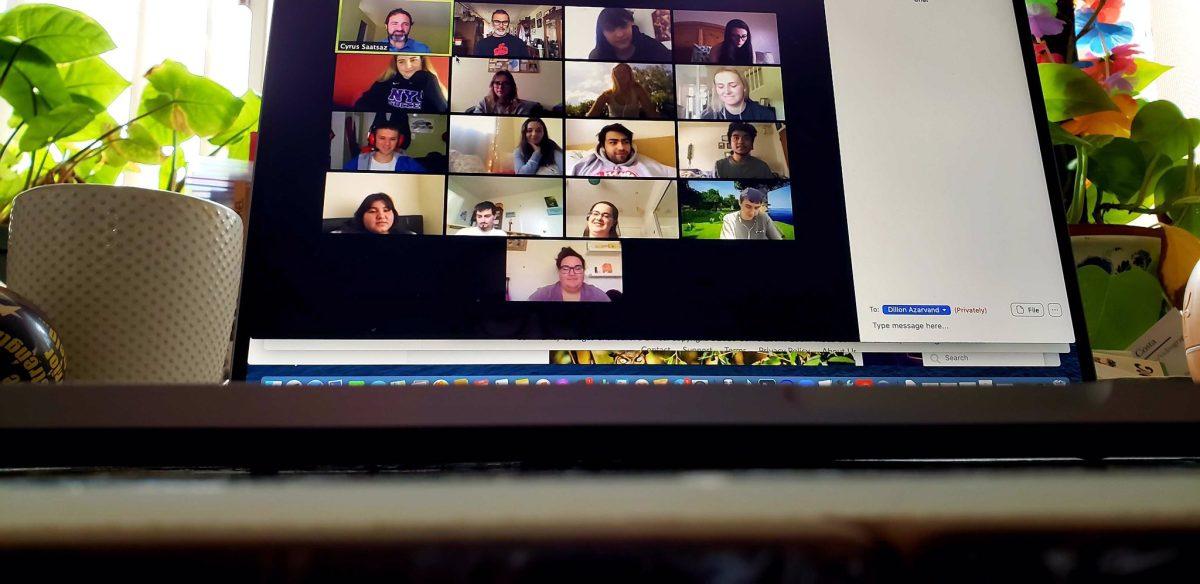
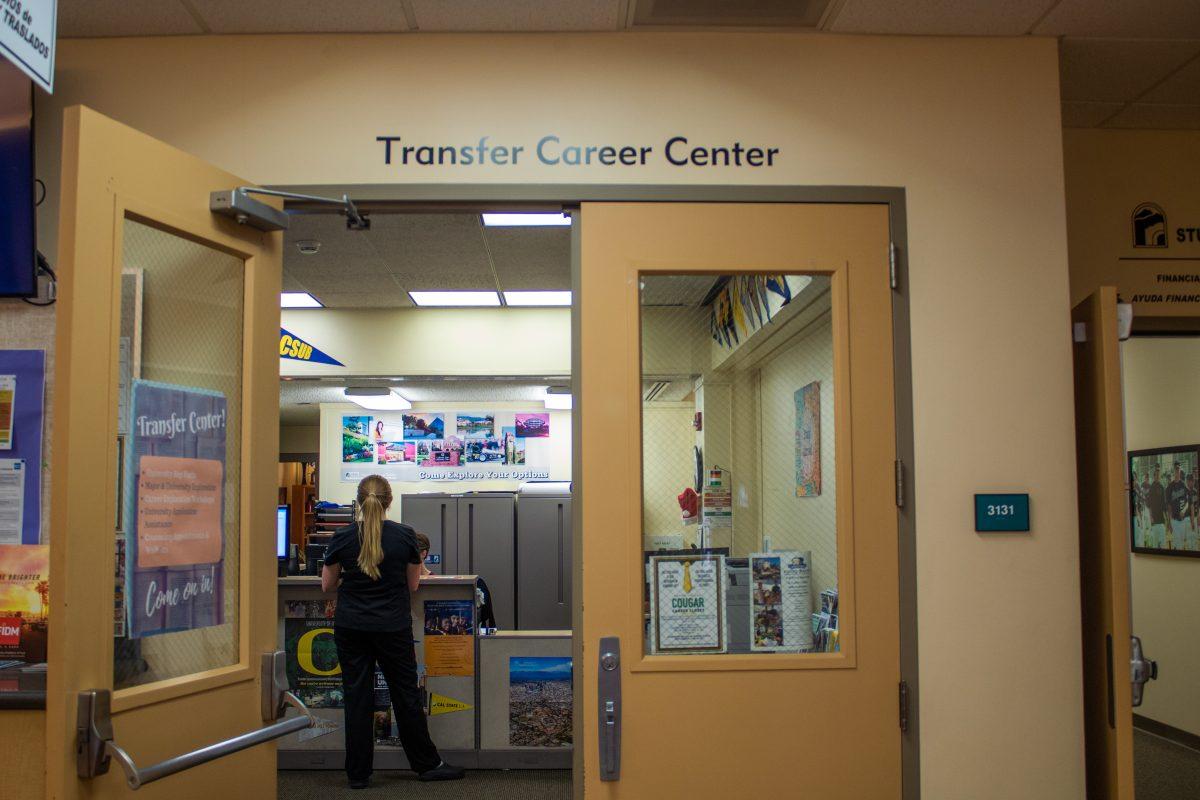
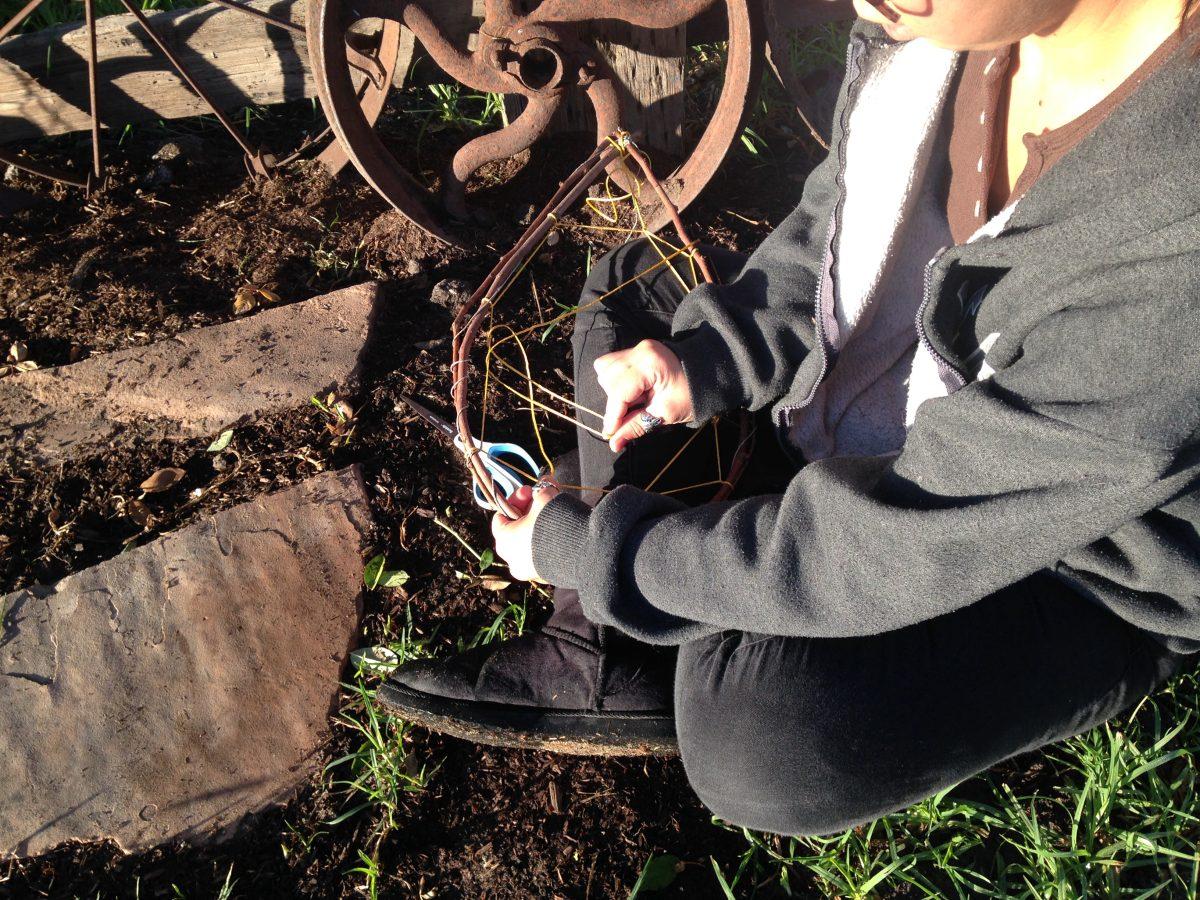






Nicolette Piaubert • Dec 7, 2019 at 8:32 pm
Finding the right studying methods is a topic I am very interested in. Thank you for this article. As the CEO of Gab-Nic Excelsior Nursing Tutoring Center I have written a book that I am in the process of publishing entitled, “A Fail Proof Success Plan: 13 Steps to â€. It is a self help book that not only gives very clear instructions to students of how they can study in order get exceptional grades, but it also shows them how to navigate through this unfair educational system. The methodology found in the book was developed as a result of my personal experience of getting poor grades midway through nursing school. It really teaches a students how to learn. Since creating the method I have used the same technique to become a nurse practitioner, and have used it in my tutoring business for all types of students: i.e middle, high school and college students. Because the book can be used in lower education The information I provide will help reinforce interest in education, and it will aid to improve scholars awareness, self esteem, giving them a love for learning and encourage them to pursue their goals and so much more.”